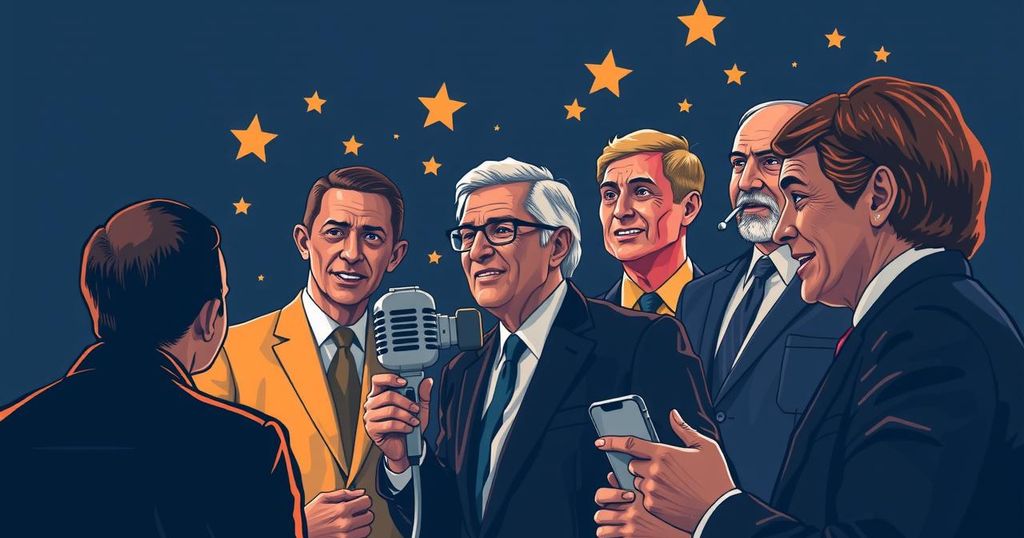The Shift of Political Influence: From Traditional Media to Social Media Influencers

This article examines the growing influence of social media on elections, highlighting the shift of power from traditional experts and media to individual influencers. It analyzes how this change alters political engagement and the dissemination of information, stressing the importance of critical assessment of sources in the modern political landscape.
The emergence of social media and digital platforms has significantly impacted the political landscape, enabling non-traditional influencers to sway public opinion and electoral outcomes. While traditional experts and established media sources have historically held considerable power in shaping political discourse, recent advancements have led to a shift. Individuals on social media often harness their influence to disseminate information, mobilize voters, and challenge the narratives put forth by traditional outlets, thereby altering the dynamics of political engagement.
In the past decade, the role of social media in politics has expanded dramatically. Platforms like Twitter, Facebook, and Instagram have provided users with unprecedented access to information, allowing even ordinary citizens to share their viewpoints and campaign efforts. This democratization of information dissemination has created an environment where influencers—ranging from politicians to everyday users—can mobilize followers and sway public sentiment. The intersection of social media and politics raises pertinent questions about the effectiveness and reliability of information shared outside traditional media frameworks.
In summary, election influencers have increasingly impacted the political sphere, challenging the authority of traditional experts and media. As social media continues to evolve, it is imperative to consider both the potential benefits and drawbacks of this democratized influence in shaping public opinion and electoral outcomes. Understanding this shift is crucial as it underscores the need for robust fact-checking and critical consumption of information in the digital age.
Original Source: www.wunc.org








